Youth Baseball Drills: Strive to Be the Best Baseball Player
Scott Fujita’s article will cover drills to help improve players’ skills. The goal of this article is for youth who are just starting. The youth baseball drills is primarily focused on developing the fundamentals of baseball.
Contents
Baseball Drills Help Develop Skills for Young Players
Surely your young players will get bored if you just teach them the same fundamentals over and over. Instead of doing basic hitting drills or indoor exercises, you should try the following drills.
You will make your kids play baseball much better.
1. The four corners drill
- The purpose
This drill will help your players train in team competitiveness and cooperation. Additionally, they will know more about rounding, base running, and throwing progressions.
- Proceed.
First, you need to divide your players into two lines. Give the baseball to the top player in each row.
Ask them to move three consecutive bases. That means that people who start on the home plate will end up on third base. Meanwhile, those who started on the second base will end up on the first base.
View more:
They must stop at the right base. They then toss the ball to the next player in the same row. The next player catches the ball and repeats the process.
In case the player fails to catch the ball, they will have to start over.
Surely your young players will get bored if you just teach them the same fundamentals over and over
2. The two drills
- The purpose.
You will need two baseballs for this baseball practice. Through this drill, your young players have the opportunity to improve their receptive skills. It also helps to develop hand eye coordination.
- Proceed.
Let’s ask your players to form a circle and keep the players evenly spaced. The players are about 10 feet apart in a circle. Depending on the number of players in that circle, the rules will change slightly.
- Players will have to leave the circle when they fall into the following situations.
- Dropping one or both balls.
- Making a throw that’s too hard.
- Throw the ball to the player standing right next to it (in case there are more than four players in the circle).
- Throw the ball to the person who catches two balls with one hand without using the body.
3. Hit and get the drill
- The purpose.
This baseball practice reinforces the player with all the fundamentals of baseball.
- Proceed.
Let’s start by dividing your players into two teams. Place a defensive player in every position (except the catcher).
Let the batters know that once the ball’s in play, they need to run to as many bases as possible. They will score one point per base for their team.
While the batters run to the facilities, the defense will focus on fielding the ball. They will do this by throwing consecutively to each fielder and ending with a throwback to the pitcher.
4. The relay drill
- The purpose.
Through this baseball practice, your kids can strengthen their team’s defense and improve footwork. Your kids can communicate in the field. So they are sure to get excited.
- Proceed.
Divide your kids into two lines with equally spaced players.
Let’s get started with the same end of each line with baseballs. Those with the ball must turn their backs on their line.
When you give a signal, the players with the ball must toss the ball to the next player in the line.
The relay drill
5. The lean, look, & stutter drill
- The purpose.
Through drills like these, your kids can improve their speed.
The “the lean, look, & stutter” technique means the player must perform the following three actions:
Leaning forward while sprinting.
Look to the right to locate the ball.
Perform short “stutter” steps.
- Proceed.
Your team needs to start at the home plate. You need to ask each person to practice the basic running sequence. Specifically, ask them to practice the “the lean, look, & stutter” technique when sprinting from home plate to the first facility.
6. The timed base run drill
- The purpose.
When your base runner sprints to second. You should give them a monotonous, old-fashioned sprint. Let them run the bases, race against the clock and themselves.
- Proceed.
Use a stopwatch to time each person’s run.
They will gradually reduce their running time. Then they will realize the importance of running and turning properly.
7. The short bat drill
- The purpose.
Through this drill, your kids will learn how to keep their swing short and fast. The appeal of this drill lies in its simplicity.
- Proceed.
Place a baseball on the tee and stand right next to it. You should also put a catching net in front of the batter.
Ask each person to get into a batting position. They will hold the bat with their dominant hand. Place the other hand on the chest.
Ask them to swing one hand to hit the ball into the net. You need to remind them to keep the front elbow low and inward, the bat head should be facing the plane of the ball.
8. Heavy bat snaps
- The purpose.
The purpose of this drill is to strengthen the batter’s wrists and forearms.
- Proceed.
Ask each person to get into a batting position.
Ask them to bend their wrists and bring the barrel towards the top of their head. The movements must be decisive. Make sure batters don’t injure themself.
Return the bat to the starting position.
Ask each player to do it ten times.
9. The fence drill
- The purpose.
Through this drill, batters can control their swing trajectory.
- Proceed.
The batter needs to make sure they stand a distance from the fence the length of the bat.
The batter needs to imagine a pitcher throwing their ball.
If the batter swings the bat to hit the fence, they would have to do it again.
In Little League, your kids can improve their skills
10. The coach, base, coach drill
This drill is very effective in helping children develop speed and hand-eye coordination.
When the first run to the third facility, your kids may lose track of the ball. Through these drills, they can get used to keeping an eye on their third-base coach. So, they can tell if they should keep running or not.
When the runner reaches second base, they must hit the inside corner of the bag with their feet. It is to push them towards third base. While running, the runner should keep an eye on the third-base coach.
11. The infield circus drill
- The purpose.
The objective of this drill is to help the player keep attention. While there are many distractions around, it is so important. In addition, they can also improve their catching skills.
- Proceed.
Put the players in their defensive positions.
Send four coaches to hit the ground balls.
They need to throw the ball in a specific position at the same time.
All the player needs to do is get the ground balls.
12. The first baseman picks drill
- Proceed
Place infielders in all positions. Besides, ask the other players on the first base to take turns catching the ball from infielders.
Signal the coach to throw the ground balls around the infield.
The infielders have to field the ball and pitch it to first base.
13. Three balls at third
- The purpose.
Thanks to this drill, your kids can develop high energy.
- Proceed.
Let’s start by placing three baseballs near the third base. Balls must be spaced 5 to 10 feet apart. Let’s arrange a fielder at first base and another fielder at third base. Designate a runner near home plate and you must stand nearby.
When you give the command, the player near the home plate needs to run the bases. The third baseman should pick up the first ball and throw it to the third. After that, the first baseman should throw the ball back. After that, ask them to repeat with the second and third balls.
Frequently Asked Questions
1. What is the home plate?
The home plate is where the player has to stand next to the ball hit. It is also the last position where they have to touch to score a point.
2. Are the drills above suitable for high school students?
Absolutely yes! high school students can complete the above drills perfectly.
3. What is the best little league to teach fielding and throwing?
- Fielding on their knees.
- Ready position.
- 1-2-field, 3-4-throw.
- Throw at the balloon.
- Catching .
4. How hard is it to catch fly balls?
Catching a fly ball looks so simple. The straight shot is the most challenging to catch of all!
Conclusion
Hopefully, this article contains useful information for you. You should be more interested in the youth baseball drills with the above note. With the drills above, you will make your kids play baseball much better. They will soon reach new heights of success.

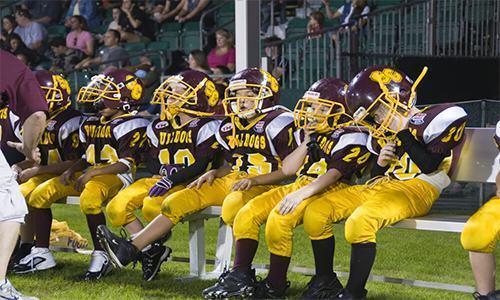

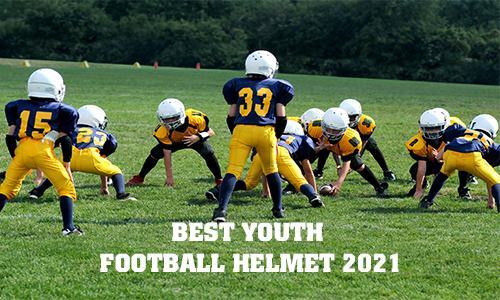

![[Top Rated] 10 best football gloves with best grip 2025 5 best football gloves 2021](https://www.scottfujita.com/wp-content/uploads/2021/03/best-football-gloves-2021.jpg)
![[Lastest Update] Top 10 Best Soccer Cleats For Kids 2025 6 Best soccer cleats for kids scott fujita](https://www.scottfujita.com/wp-content/uploads/2021/03/Best-soccer-cleats-for-kids-scott-fujita.jpg)

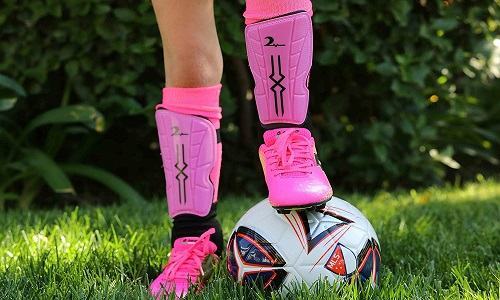

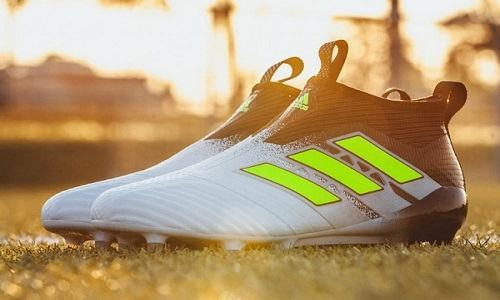
![[Top-Rated] The Best Basketball Shoes For Ankle Support 2025 11 best basketball shoes for ankle support scottfujita](https://www.scottfujita.com/wp-content/uploads/2021/07/best-basketball-shoes-for-ankle-support-scottfujita.jpg)

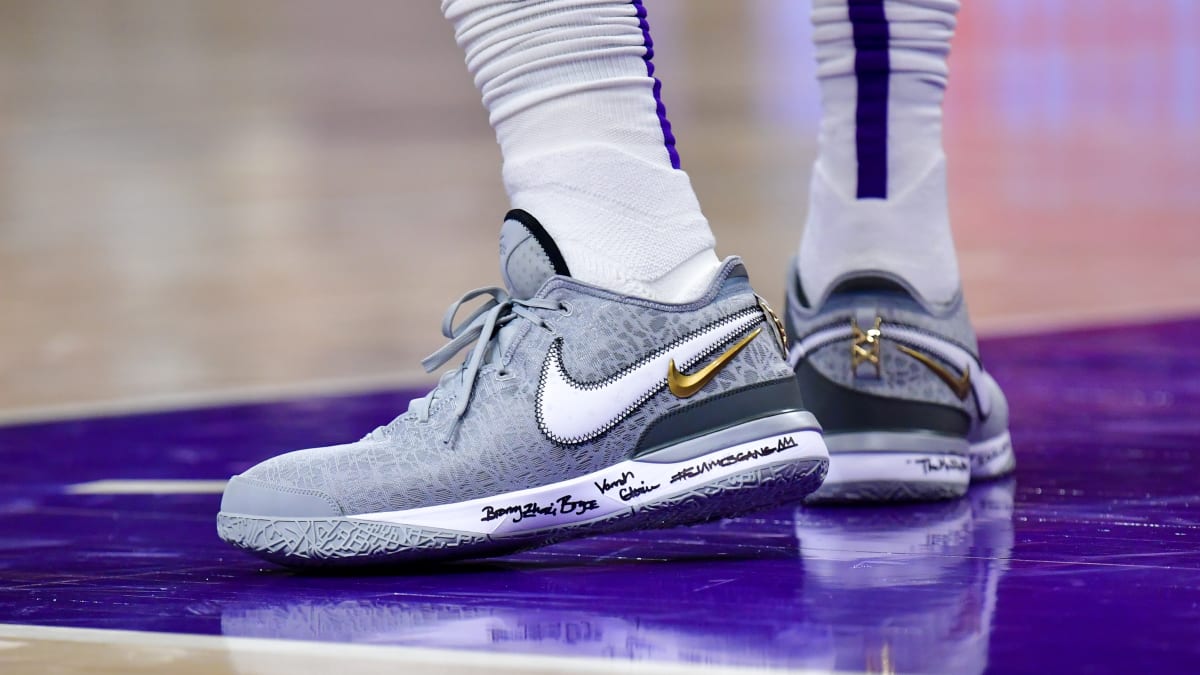


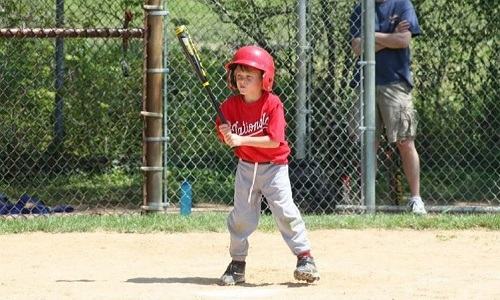
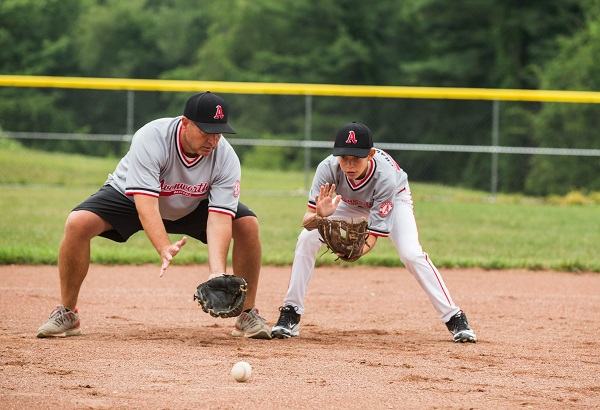
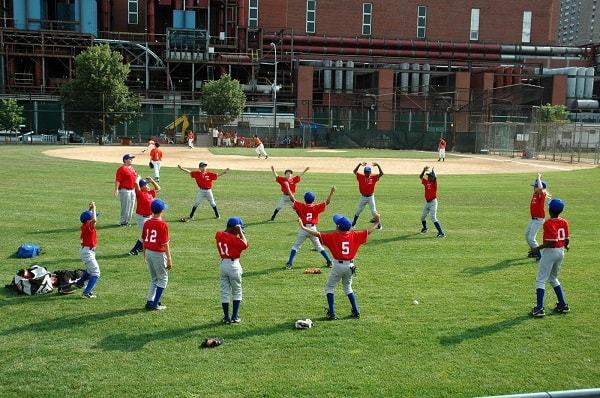
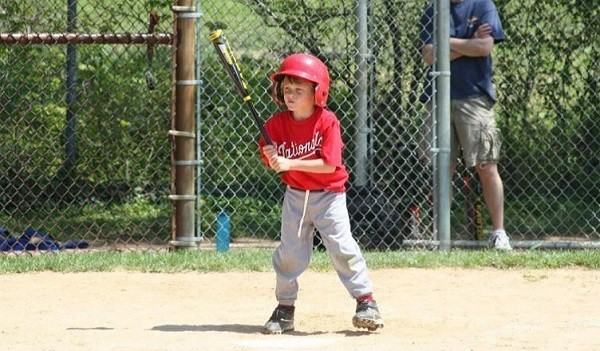
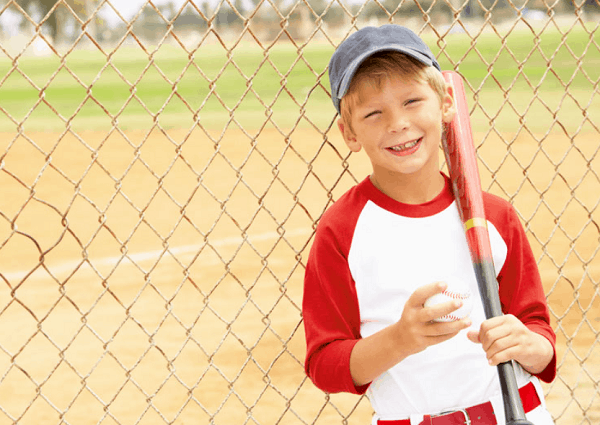


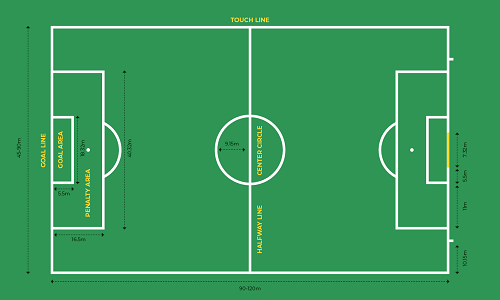

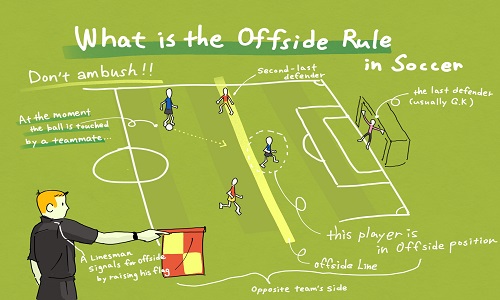
![What Are The 5 Positions In Basketball? [And Their Roles] 35 what are the 5 positions in basketball scottfujita](https://www.scottfujita.com/wp-content/uploads/2021/10/what-are-the-5-positions-in-basketball-scottfujita.jpg)


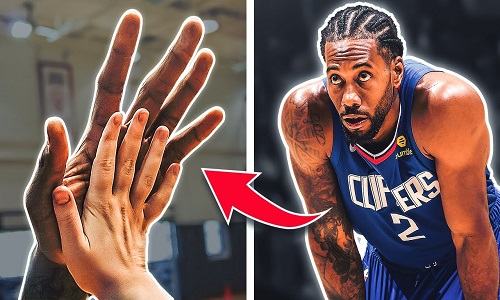



![Top 10 Best NBA Centers Of All Time [2024 Updated] 42 best nba centers of all time scottfujita](https://www.scottfujita.com/wp-content/uploads/2021/12/best-nba-centers-of-all-time-scottfujita.jpg)
![The Best Football Mouthguard 2024 [Reviewed & Compared] 43 best football mouthguard scottfujita](https://www.scottfujita.com/wp-content/uploads/2021/10/best-football-mouthguard-scottfujita.jpg)